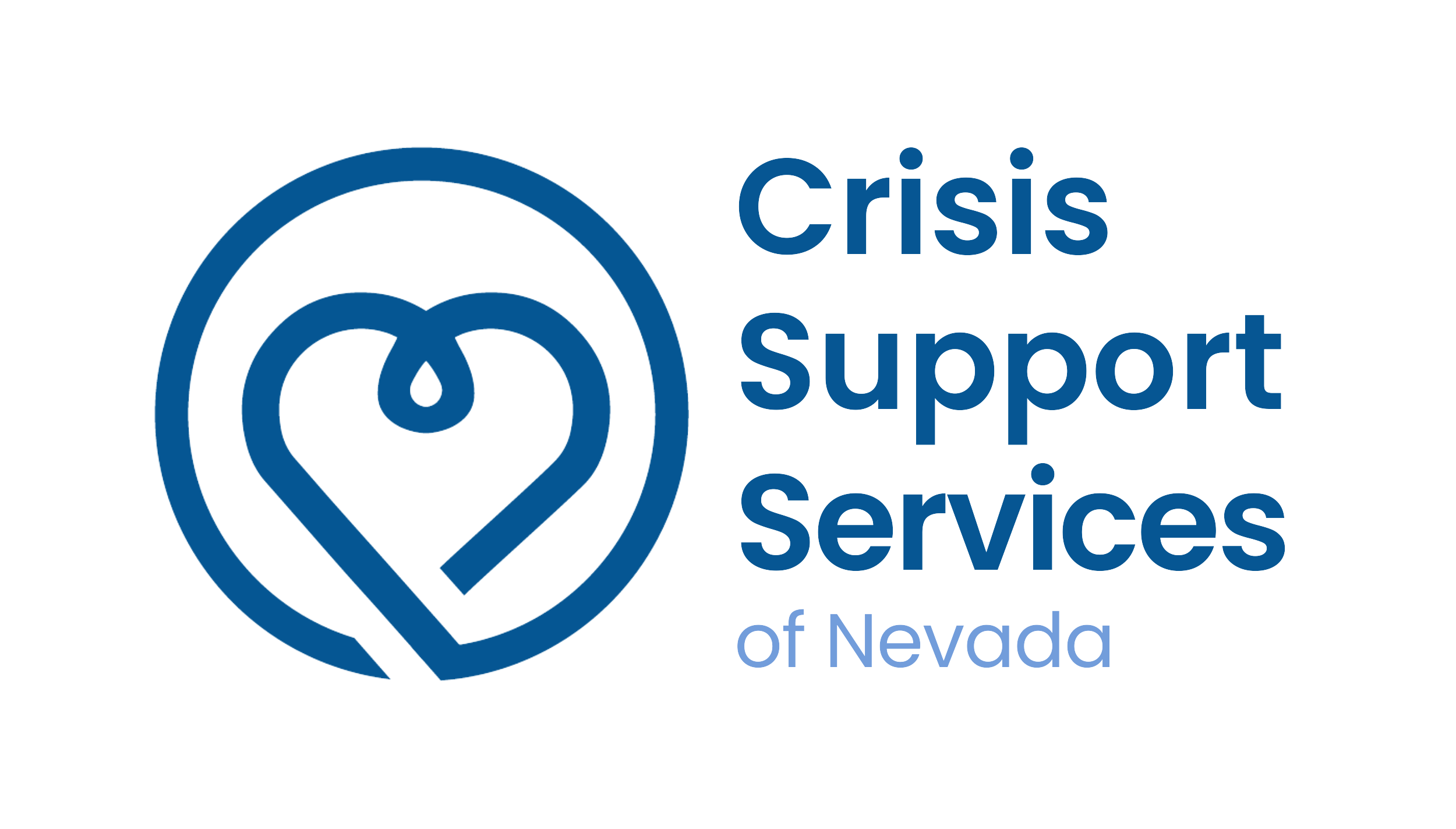Vulnerable adult abuse may include physical abuse, neglect, psychological or emotional abuse, financial exploitation, or self-neglect. To report vulnerable adult abuse or to get help, individuals can call Crisis Support Services of Nevada 24/7 with the number to the right.
REPORTING ABUSE
How to Report Vulnerable Adult Abuse
Vulnerable adult abuse, abandonment, exploitation and neglect is a crime and should be reported. Individuals throughout Nevada can call the 24-hour crisis hotline to report elder abuse or neglect.
Calls taken during normal business hours will be transferred to the appropriate agency. Crisis Support Services of Nevada handles all overnight, weekend, and holiday reporting. Assessments are made to determine the immediate degree of danger to the senior involved. Depending on severity, reports are turned over to the Division for Aging Services or the appropriate law enforcement agency. Reports are also taken 24/7 for disabled adult abuse and neglect.
Warning Signs of Vulnerable Adult Abuse
Most victims of vulnerable adult abuse are women, but some are men. Likely targets are individuals that depend on others for everyday life activities with no friends or family nearby. Types of vulnerable adult abuse include physical, emotional, neglect, abandonment, sexual, financial, and healthcare fraud. If you suspect and have a reasonable cause to believe vulnerable adult abuse has occurred or may be occurring, you should report as soon as possible to local authorities, Adult Protective Services or by calling Crisis Support Services of Nevada’s 24-hour vulnerable adult abuse hotline at 888-729-0571.
Warning Signs of Physical Vulnerable Adult Abuse
- Cuts, lacerations, puncture wounds
- Unexplained bruises, welts, and/or skin discoloration
- Injuries that have not been properly cared for (injuries may be hidden on areas of the body normally covered by clothing)
- Poor physical hygiene
- Dehydration and/or malnutrition
- Weight loss
- Burns (may be caused by cigarettes or contact with other objects)
Warning Signs of Neglect By Caregiver
- Dirt, fecal/urine smell, or other health and safety hazards in elder’s living environment
- Rashes, sores, lice on elder
- Inadequate clothing and/or unkempt appearance (hair, clothing, personal hygiene)
- Malnourished or dehydrated
- Untreated medical conditions
- Displays signs of trauma, like rocking back and forth
Warning Signs of Emotional Vulnerable Adult Abuse
- Withdrawn and hesitant to speak openly to others
- Appears helpless and fearful
- Agitated in presence of person inflicting abuse
- Depression
- Stops taking part in activities he or she enjoys
- Has trouble sleeping
Warning Signs of Financial Vulnerable Adult Abuse
- Missing personal belongings
- Numerous unpaid bills, overdue rent, etc.
- Purchases of items the senior would not normally buy
- Unusual or inappropriate activity in bank accounts
- Deliberate isolation from friends and family
- Signatures on checks, etc., that do not resemble the older person’s signature
- Power of attorney given, recent changes in or creation of a will
- An excessive amount of money is being expended on the care of the older person
- Placement in nursing home or residential care facility which is not commensurate with financial status of the senior
- Lack of personal grooming items, appropriate clothing and affordable comfort items such TV or radio
Warning Signs of Self-Neglect
- Inability to manage activities of daily living, including personal care, shopping, meal preparation, housework, etc.
- Inability to manage personal finances, giving money away or failure to pay bills
- Not keeping medical appointments, isolation
- Suicidal acts, refusing medical attention, substance abuse, malnutrition, dehydration, etc.
- Rashes, sores, fecal/urine smell, inadequate clothing
- Changes in intellectual functioning such as confusion, inappropriate response, disorientation to time and place, memory failure, incoherence, etc.
Important Phone Numbers
Elder Rights Intake Unit (Las Vegas/Clark County)
1-702-486-6930
Elder Rights Intake Unit (Statewide/All Other Areas)
1-888-729-0571
National Center on Elder Abuse
1-855-500-3537
National Adult Protective Services Association
1-217-523-4431
FAQs Related to Vulnerable Adult Abuse
Self-neglect is not a crime. An elder has the right to make his/her own choices unless a judge declares the individual incompetent. If you are concerned for the individual’s safety and well being, please call to make a Elder Abuse report so a caseworker can look into the individual’s safety. Caseworkers can provide information and resources that can help elders maintain their independence while staying safe.
I work in an elder care facility and suspect abuse of some of the patients. Am I required to report?
Yes. Section 1150B of the Social Security Act (the Act), as established by section 6703(b)(3) of the Patient Protection and Affordable Care Act of 2010 (Affordable Care Act), requires specific individuals in applicable long-term care facilities to report any reasonable suspicion of crimes committed against a resident of that facility.
Caring for a vulnerable adult person can be both rewarding and demanding. The requirements to manage healthcare, housework, finances and overall quality of life can take their toll over time. Caregivers may not even know they are being neglectful or abusive. If you are a caregiver that is experiencing some of the stress that may come from caring for an elder, you are not alone. It is important for caregivers to make sure they take time to fulfill their own personal needs, too.
There are also community organizations that can provide caregivers a break called respite care. For more information or to find a respite services and/or providers in your area, visit: archrespite.org/respitelocator

